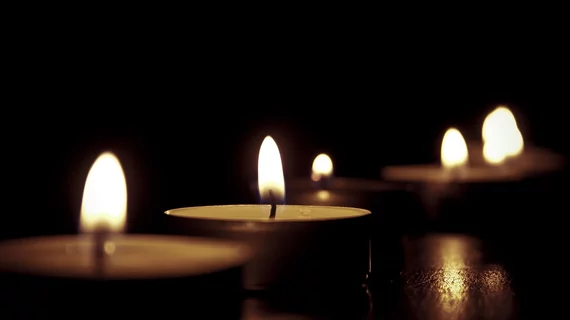Influential pediatric radiologist dies at 89
Accomplished pediatric radiologist William Northway Jr., MD, who altered the landscape of neonatal care after discovering a lung condition in the 1960s, passed away on January 26, 2022. He was 89 years old.
Northway was a graduate of Stanford University, where he was serving as a pediatric radiology instructor when he noticed something odd on the chest radiographs of premature babies. Northway noted that the babies who had been on ventilators receiving at least 80% oxygen for a week or more had sponge-like manifestations on their x-rays. Those babies were struggling to breathe and feed and were measuring low blood oxygen levels, despite the high levels of oxygen being administered to them.
This condition would come to be known as bronchopulmonary dysplasia. Northway also conducted research that revealed the root cause of the ailment. Through his research on mice and guinea pigs he observed that administering high concentrations of oxygen inhibited DNA synthesis, which delayed lung development.
In 1967, Northway published a paper on his research in The New England Journal of Medicine, which resulted in providers caring for premature infants all over the world to alter their treatment plans to include the radiologist’s recommendation of lowering the oxygen on intubated infants.
“His discovery fundamentally changed standards of care and saved countless young lives,” Lloyd Minor, dean of the Stanford University School of Medicine, said in a detailed tribute. “It was a milestone moment for medicine and a highlight in a career as a dedicated, caring physician and teacher.”
Northway’s career took him from a residency at Stanford to Keesler Air Force Base in Biloxi, Mississippi, all the way to Paris, France, where he completed a yearlong pediatric radiology residency at Hôpital des Enfants Malades. His travels eventually led him back to Stanford, where he served as a professor and later as associate chair of the radiology department, before becoming the director of pediatric radiology in 1994. Northway retired in 1998.
According to Northway’s son, his death was caused by complications of Alzheimer’s disease.
Read Stanford Medicine's full statement here.

